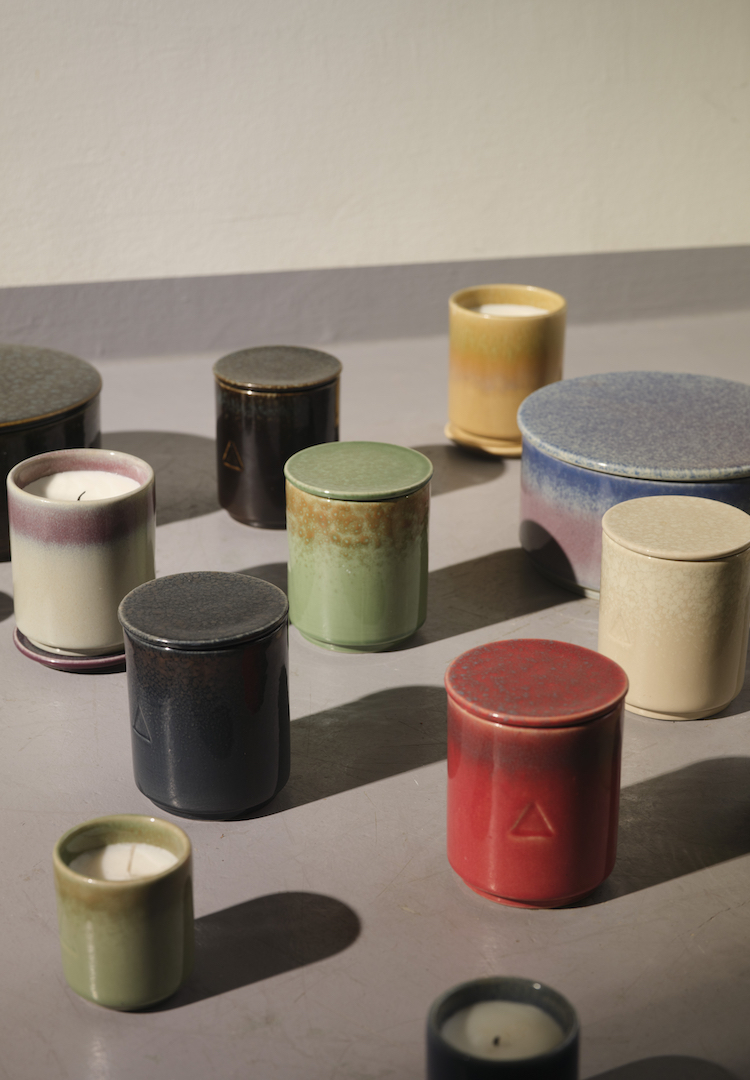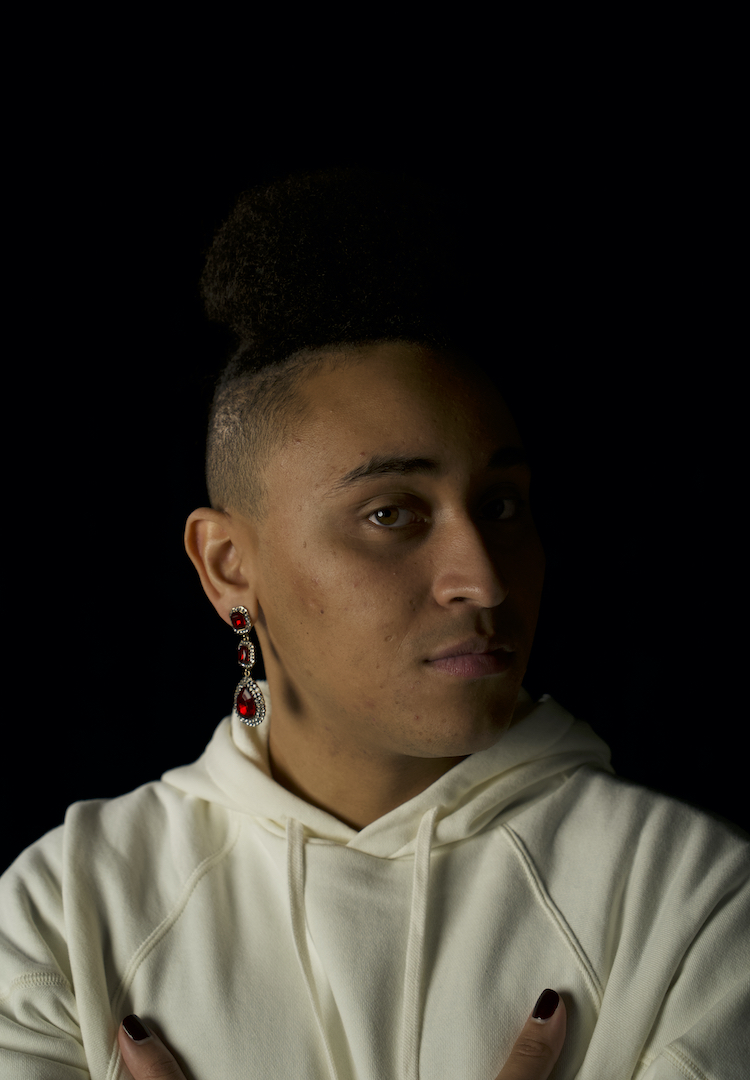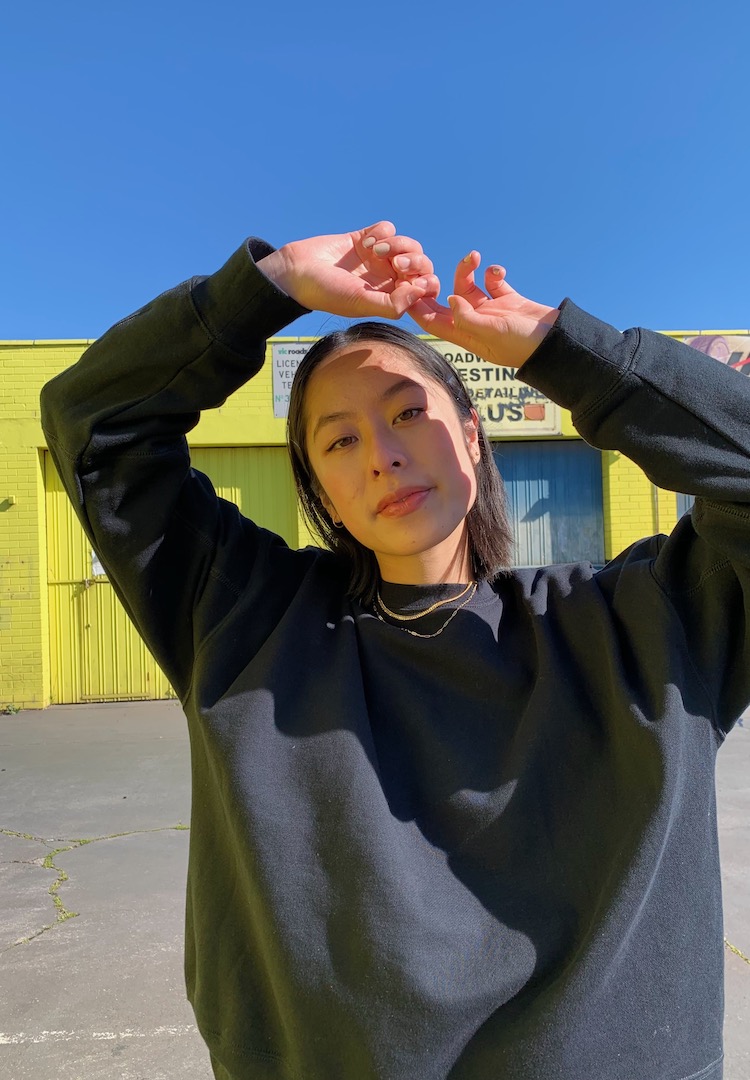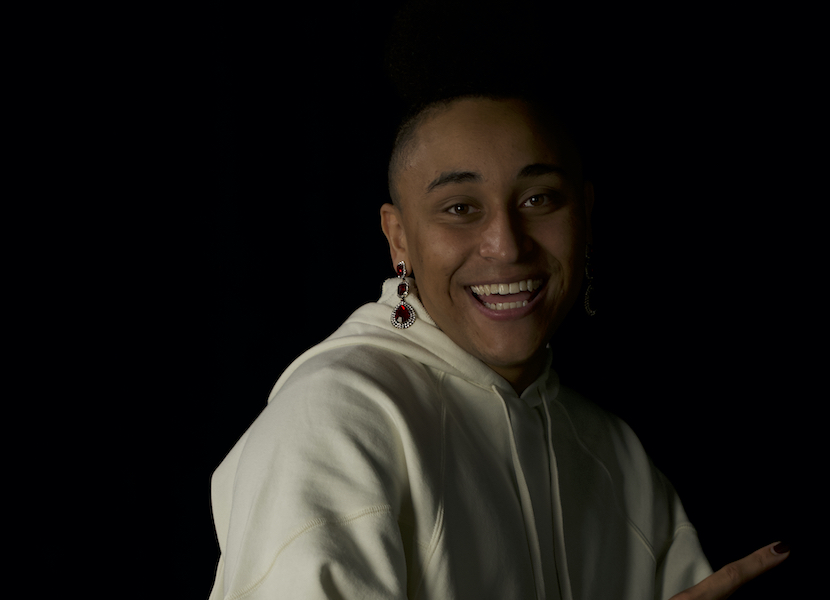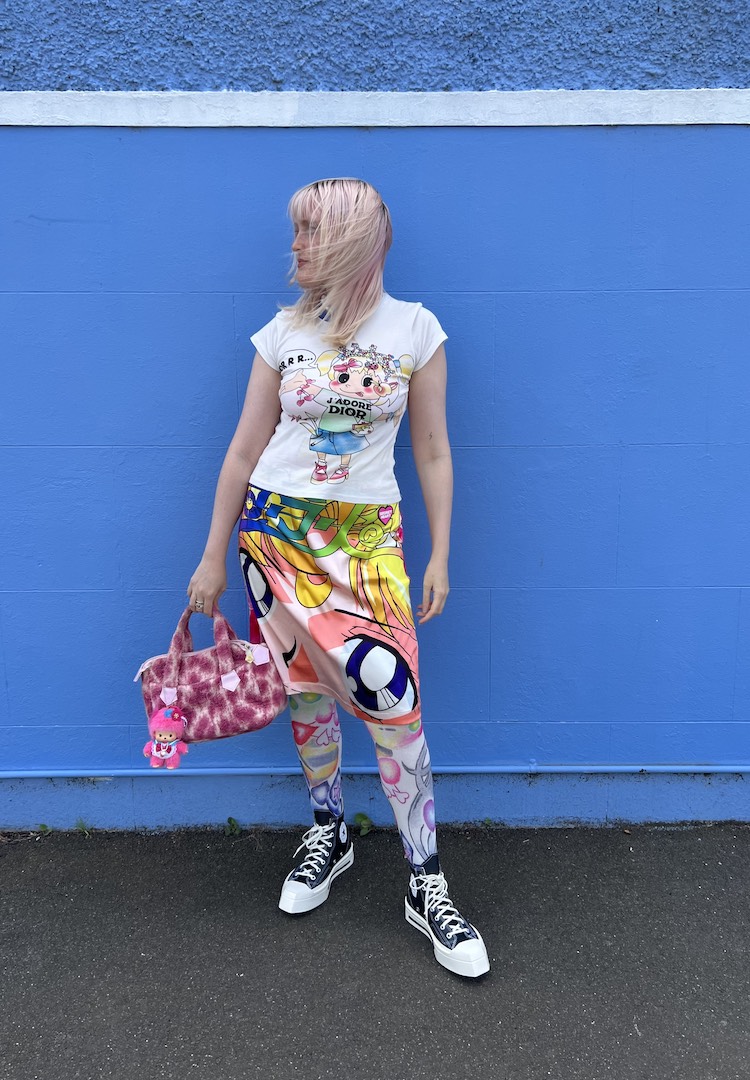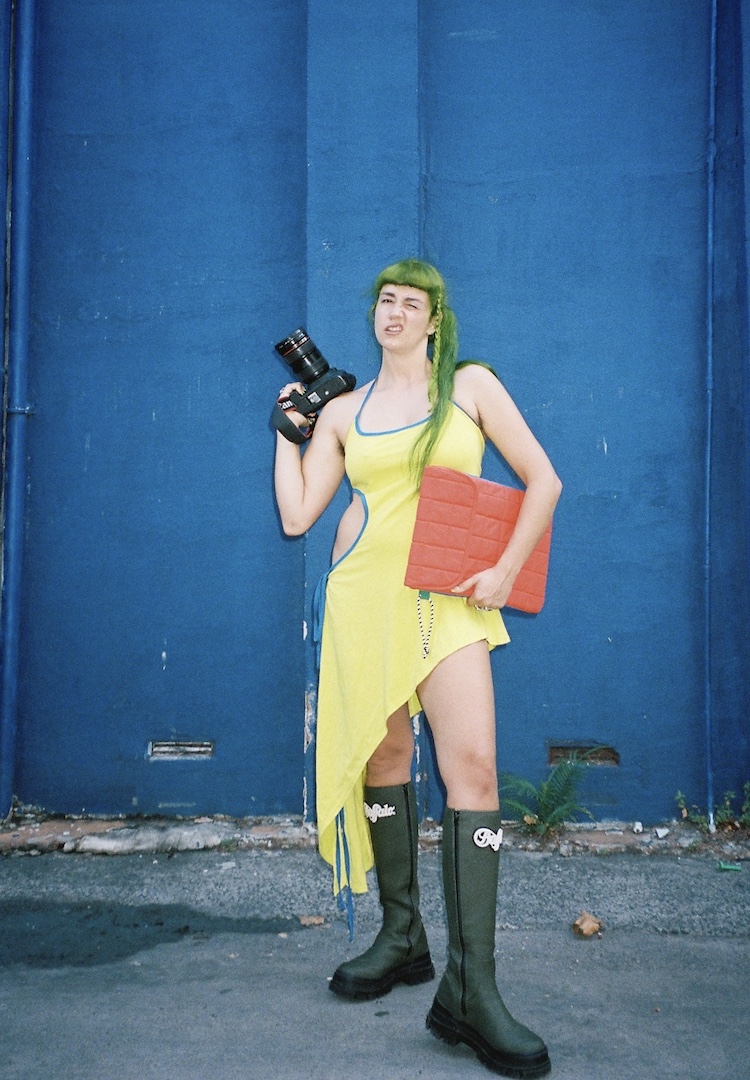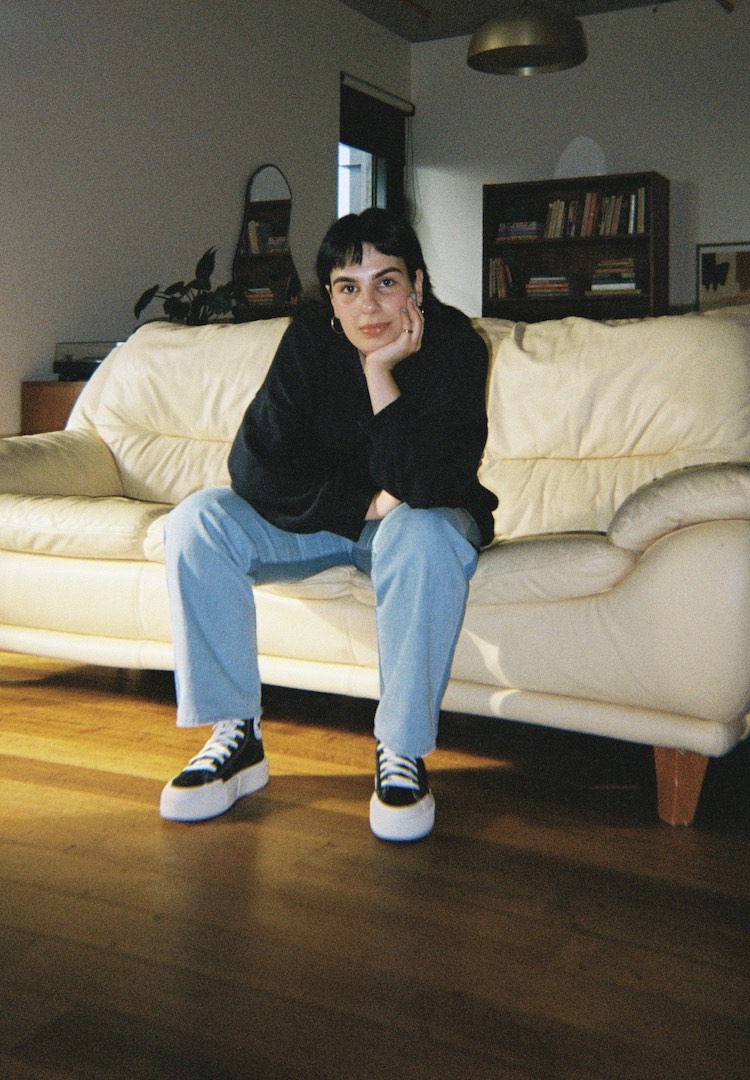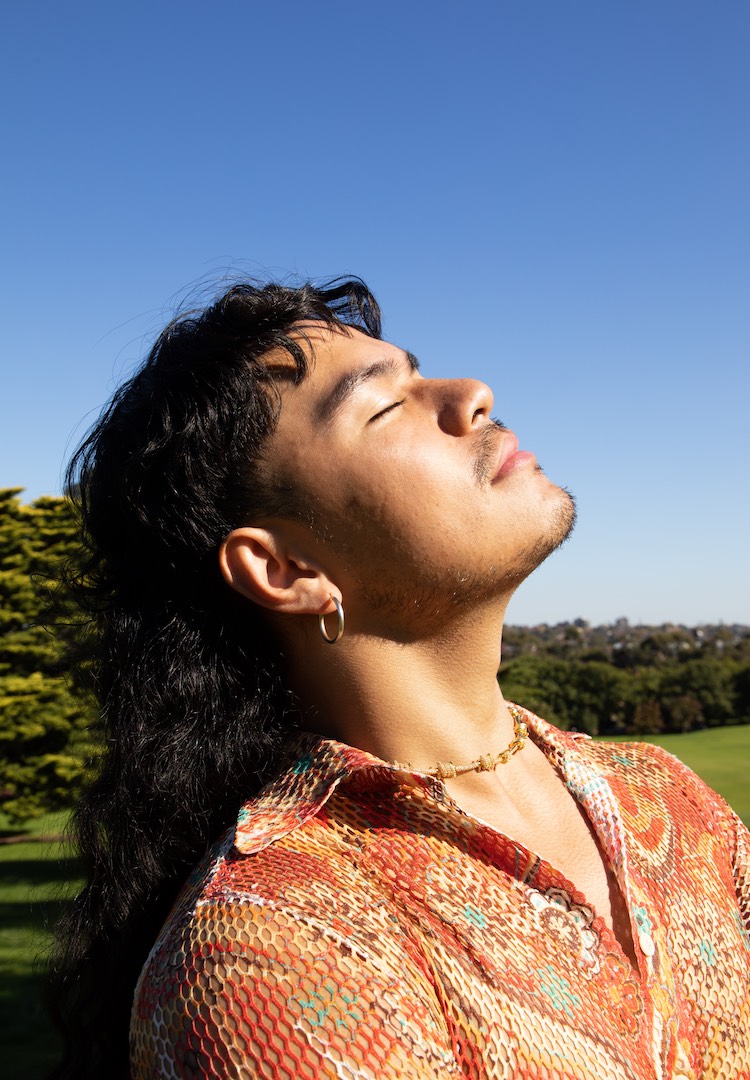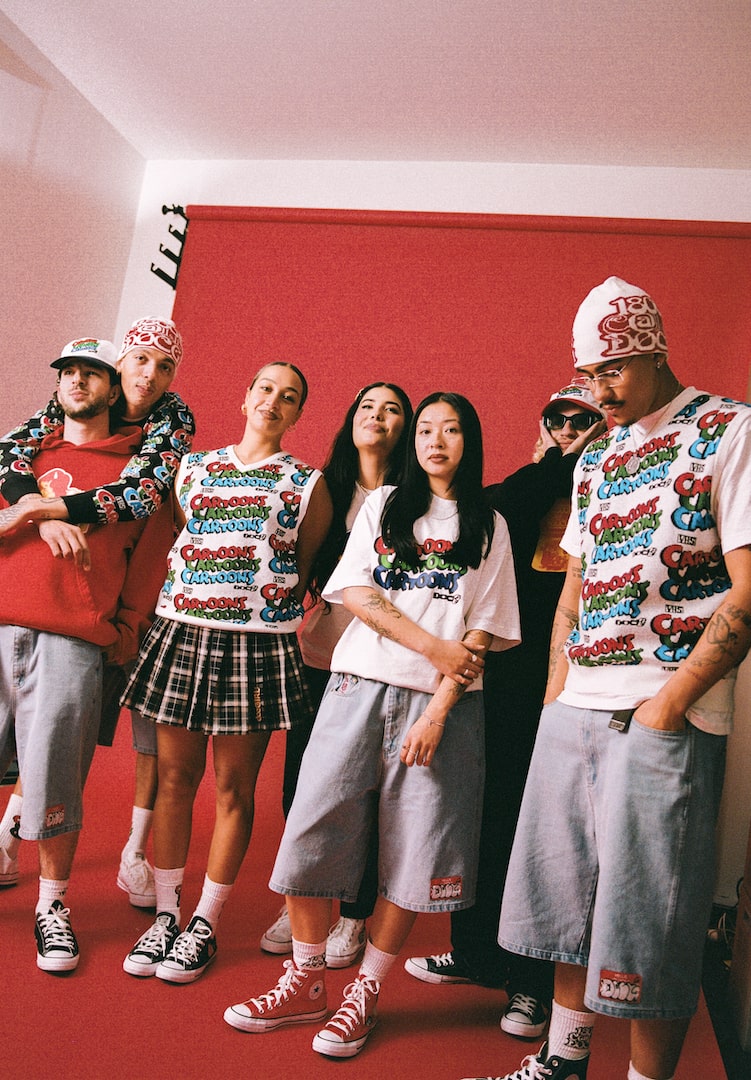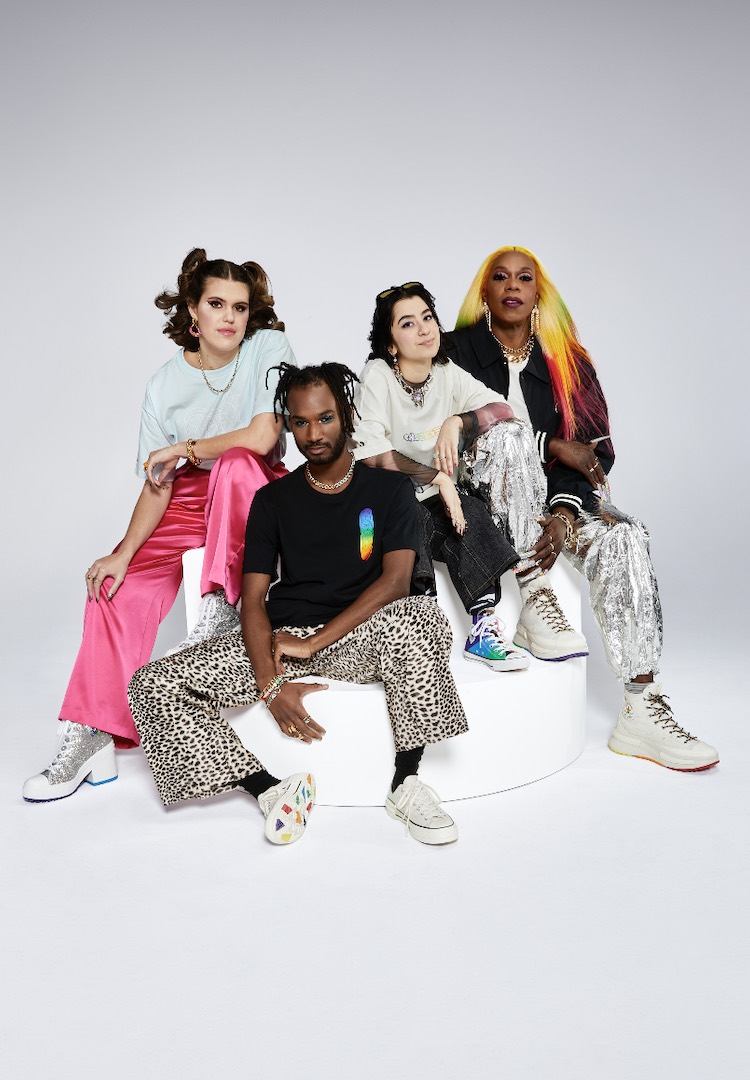I want to change the discourse around Afro-textured hair in Australian schools
WORDS BY JAMES EMMANUEL (A.K.A JAMARZONMARZ)
“It is our time now, as young adults, to eradicate racial biases and protect the next generation of culturally diverse students.”
This week, Converse launched Shapes, a collection of apparel that is genderless, seasonless and size-less. Shapes allows the consumer to choose what they want to wear and how they want to wear it, without being bound to the labels traditionally prescribed by the fashion industry. To celebrate the release, we asked a series of FJ readers to open up about the labels assigned to them by society, and how they’ve pushed past these. Here, rapper and activist James Emmanuel (screen name JamarzOnMarz) discusses the labels that come with afro hair, and why he’s petitioning the NSW Government to protect black students from uniform policies that discriminate against hair like his.
It was the beginning of class. High school. I placed my wide-toothed comb beside my pencil case. The class marvelled and begged me to show them how I comb my hair. Before I could decline, someone interjected, “It’s inappropriate, James!”
It was my teacher. We were on good terms so for once, I wasn’t in grave trouble – that is, no lunchtime or after school detention. As the amusement and curiosity left the room, the teacher scolded me in front of the class for ‘knowingly’ breaking the school rules.
Apparently, I should had known ‘by now’ my afro ‘doesn’t fit the school image’, and therefore it ‘seriously’ needed to be cut all off.
If this was proclaimed by someone in a position of power, authority and leadership of the student populace, then it’s no wonder these ill-informed labels around textured-hair trickled right down to microaggressions perpetrated by my peers.
It’s been four years since I graduated high school in Orange, regional NSW. The more I grow and unpack my schooling years, the more I’ve come to realise my independent school censored my culture and identity. It did so by unfairly restricting afro hair and banning protective styles: braids, locks and cornrows.
Being the ‘other’
It is clear to me now that throughout my life, I have carried an unspoken label of being the ‘other’. My upbringing in regional Australia was entrenched in microaggressive racism – from the persistent stares in public, to my teachers labelling my natural hair an ‘extreme hairstyle’, ‘unorthodox’, ‘unacceptable’ and ‘not sensible’. From Kindergarten through to year 12, my own classmates would liken my hair to a ‘sheep’ and a ‘bird’s nest’. I knew I was different but I still felt like a normal kid – one who couldn’t quite fit in.
Recently, I began a change.org petition calling on the NSW Minister for Education, Sarah Mitchell, to legislatively protect Black students from uniform policies that discriminate against their afro hair and protective styles.
Since its inception, students and alumni have reached out to me recounting their experiences with racist microaggressive language. Many girls have had their hair labelled ‘horse hair’, others ‘grass’. One student’s braids were labelled ‘silly’ by her principal and another labelled ‘Snoop Dogg’ by her peers, for having cornrows.
No longer will we be treated like second class citizens in school. It is our time now, as young adults, to eradicate these racial biases and protect the next generation of culturally diverse students.
What’s not clicking?
The severity of covert discrimination can be hard to process in the moment.
At the time of these microaggressions, I chuckled at the veiled racist remarks, never realising my Blackness was the subject of the joke. I finally felt accepted being approached by curious peers who had never associated with me. I thought I was building a rapport with them. Instead, I was an exhibit.
Soon after, Solange’s 2016 track ‘Don’t Touch My Hair’ opened my eyes. I felt utterly disrespected by having had my peers touch my hair, invading my personal space – my body – with and without my permission.
The lasting effects
Throughout my childhood, though I didn’t realise it, the persistent othering and microaggressive language made me unconsciously resent my natural hair.
The styling options my non-black male counterparts were allowed had me wishing for straight hair, just so I could express myself too. From partings, to undercuts and products like gel to elevate one’s look, I was dumbfounded at the level of self-expression non-Black male students had.
All the while, my Afro either had to be clean-cut or it was considered ‘too long’. Protective styles, like braids and locks, were outlawed as ‘extreme hairstyles’ despite their ability to comply with the grooming code of being above the collar, above the ears, neat and sensible.
Over time, this denial of self-expression does condition Black students into thinking their natural hair is ‘extreme’. Because their hair is against the rules, it must be ‘unprofessional’. Schools are either consciously or unconsciously teaching students a life lesson that the remedy to their ‘extreme’ natural hair is a ‘number one or two cut’.
Leaving school and entering the real world, I felt stripped of any knowledge on how to maintain my hair and, of course, a disconnect with my cultural heritage – just as assimilation aims to do.
I got my hair braided, as I had no more rules to abide by, but I never quite understood what was going on with my own hair.
Moving into the workforce as an adult, I feared jobs would request I remove my braids, just as my school would. At each job interview I preemptively offered to shave my head, only for employers to say it’s not a worry.
Following my petition, plenty of alumni have come forward saying they too felt pressured by schools, and our society, to chemically straighten their hair – a procedure that can permanently damage one’s hair.
How can you help?
Please sign and share the petition. Every signature counts, especially as I have begun engaging with politicians on creating tangible change. A special thanks to Rose Jackson MLC for raising the campaign in the Parliament of NSW.
If you have faced similar discriminations at school, I am encouraging you to please stand up and share your experience. I have recently repurposed an Instagram hashtag #ProtectBlackStudents to provide a supportive platform to share our experiences, and lobby policymakers for legal change.

